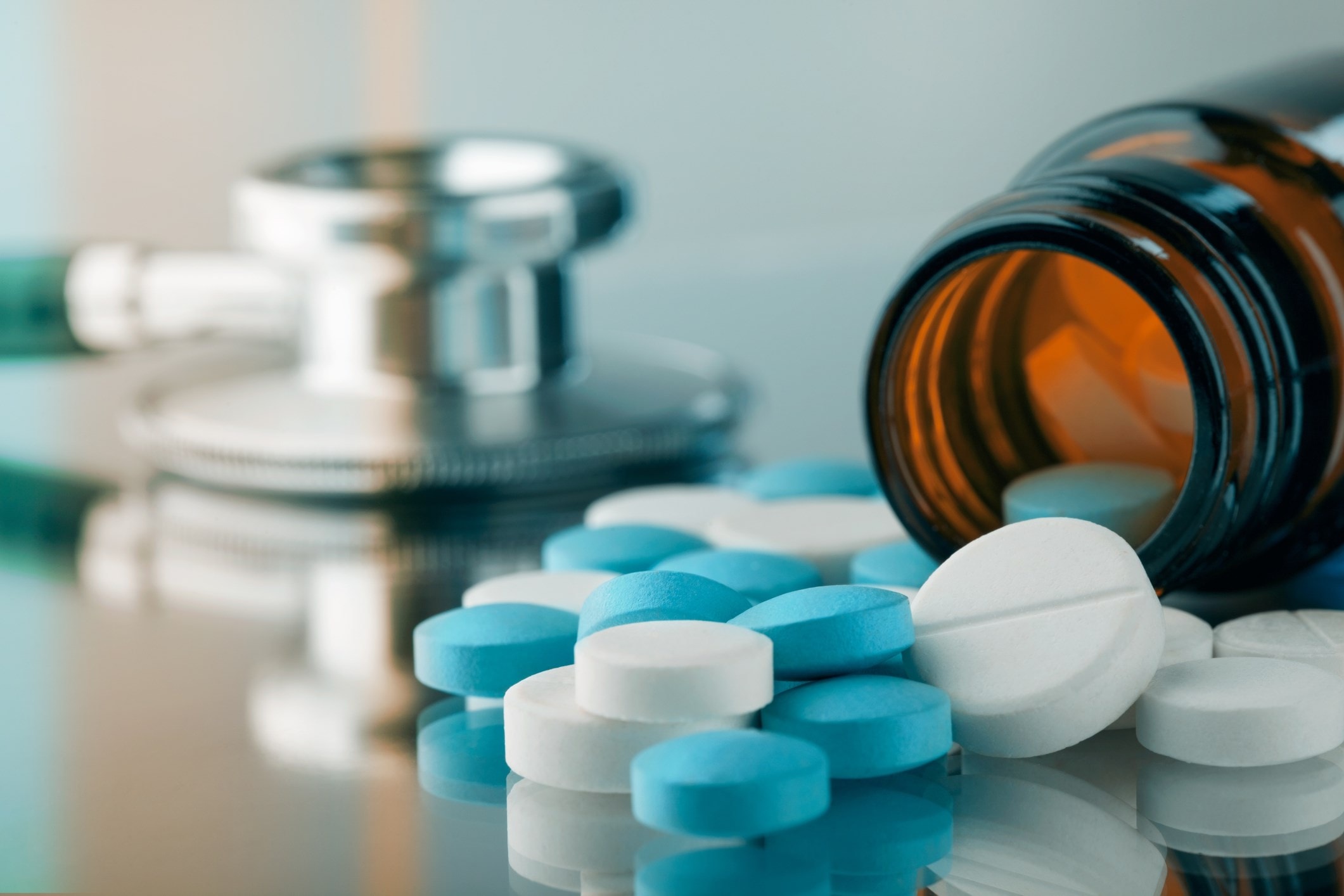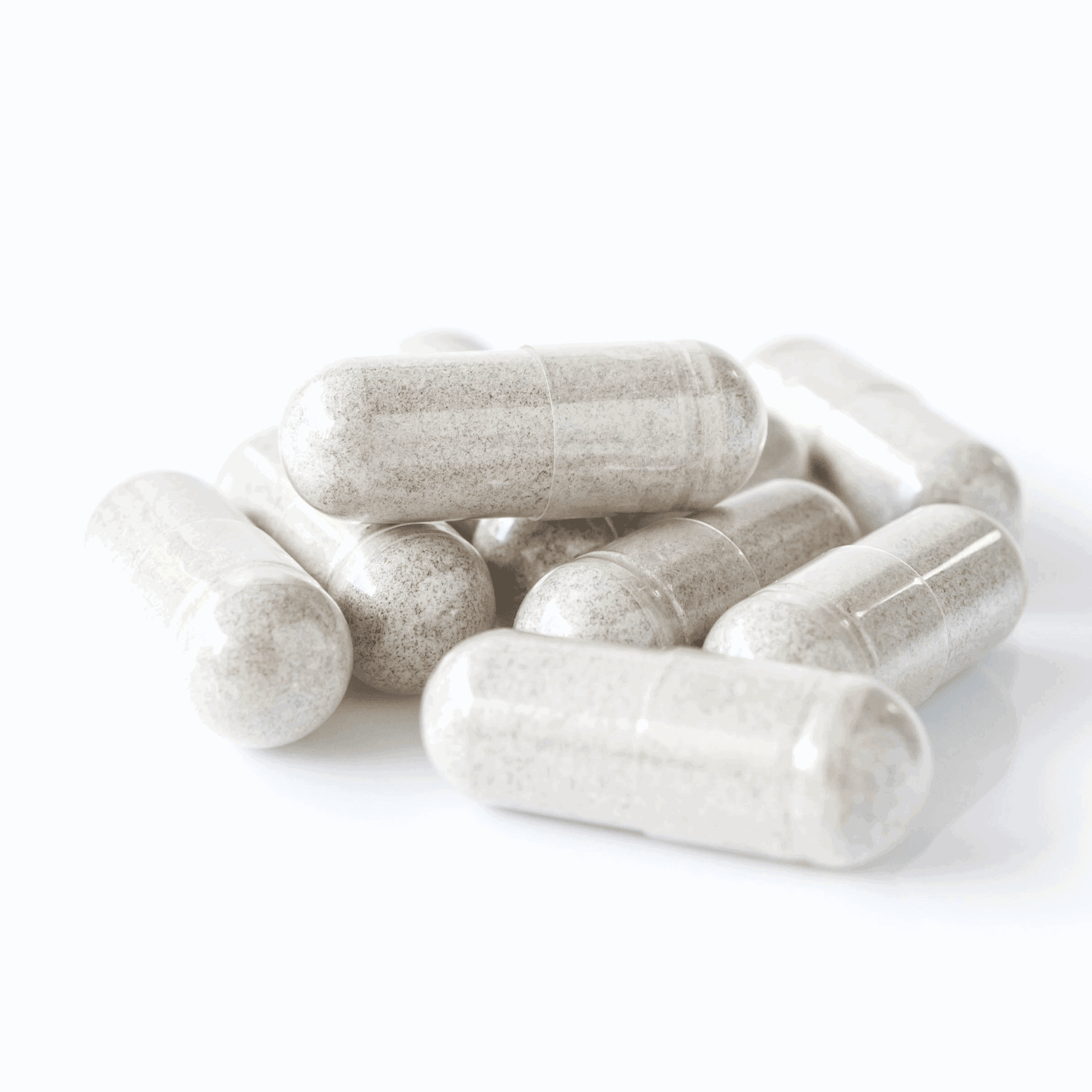Can you overdose on probiotics?
Taking too many probiotics or 'overdosing' on good bacteria is an extremely difficult thing to do.
The human gut is home to roughly 40 trillion microbes. These microbes, which include: fungi, yeasts and bacteria make up what is collectively referred to as the gut 'microbiome', a fascinating eco-system that resides within our intestines. To learn more about this microbial habitat living inside each of us, you may like to read Dr. Kate's article: All about the Microbiome.
Given that the gut microbiome naturally contains in the region of 40 trillion microbes, it is easy to see why taking probiotic supplements (even at a high dose) poses us little risk. Most supplements on the UK market contain between 1.2 and 75 billion microorganisms per dose (depending on the product). Yoghurt drinks typically contain only 6 to 10 billion bacteria.

Overdosing – can you take too many probiotics?
There is absolutely no harm in taking probiotics in the long term, and there is generally no harm in increasing one's dose of a probiotic supplement if you feel the need. Of course, this should be done in line with the individual manufacturers guidelines, and it is worth bearing in mind that taking very large amounts of a particular probiotic: Saccharomyces boulardii could possibly lead to temporary constipation in some cases. Even this unwanted side-effect would be temporary, and would be easily remedied by reducing the dose taken.
For more information, we also recommend the following articles: Is there a risk of addiction/dependency with probiotics? and Probiotics and Prebiotics.
Overdosing on prebiotics
Taking a large amount of prebiotics (the food source for probiotics) is also considered to be fairly safe, although it may at first result in bloating or flatulence. This is a positive sign that the prebiotics are working; however if symptoms persist for longer than a few days then consider reducing one's dose of prebiotics and gradually building it up again. Prebiotics are sometimes included in a probiotic supplement. This combination is known as a synbiotic, and you can read about the benefits of taking synbiotics here.
You can read more about prebiotics in the following post: Prebiotics: A look at FOS and inulin.
Note: Probiotics are not recommended for those with serious medical conditions eg. those who are severely immunosuppressed, have pancreatitis, are in the ICU, have melaena, have a central venous catheter, infants with short bowel syndrome, or to patients with open wounds following major surgery; unless under a doctor's care. Furthermore, pregnant or breastfeeding women should consult their doctor before taking certain supplements.
Popular Articles
View all Probiotics articles-
General Health12 Jan 2024
-
Prebiotics14 Aug 2023
-
Probiotics11 Oct 2023


